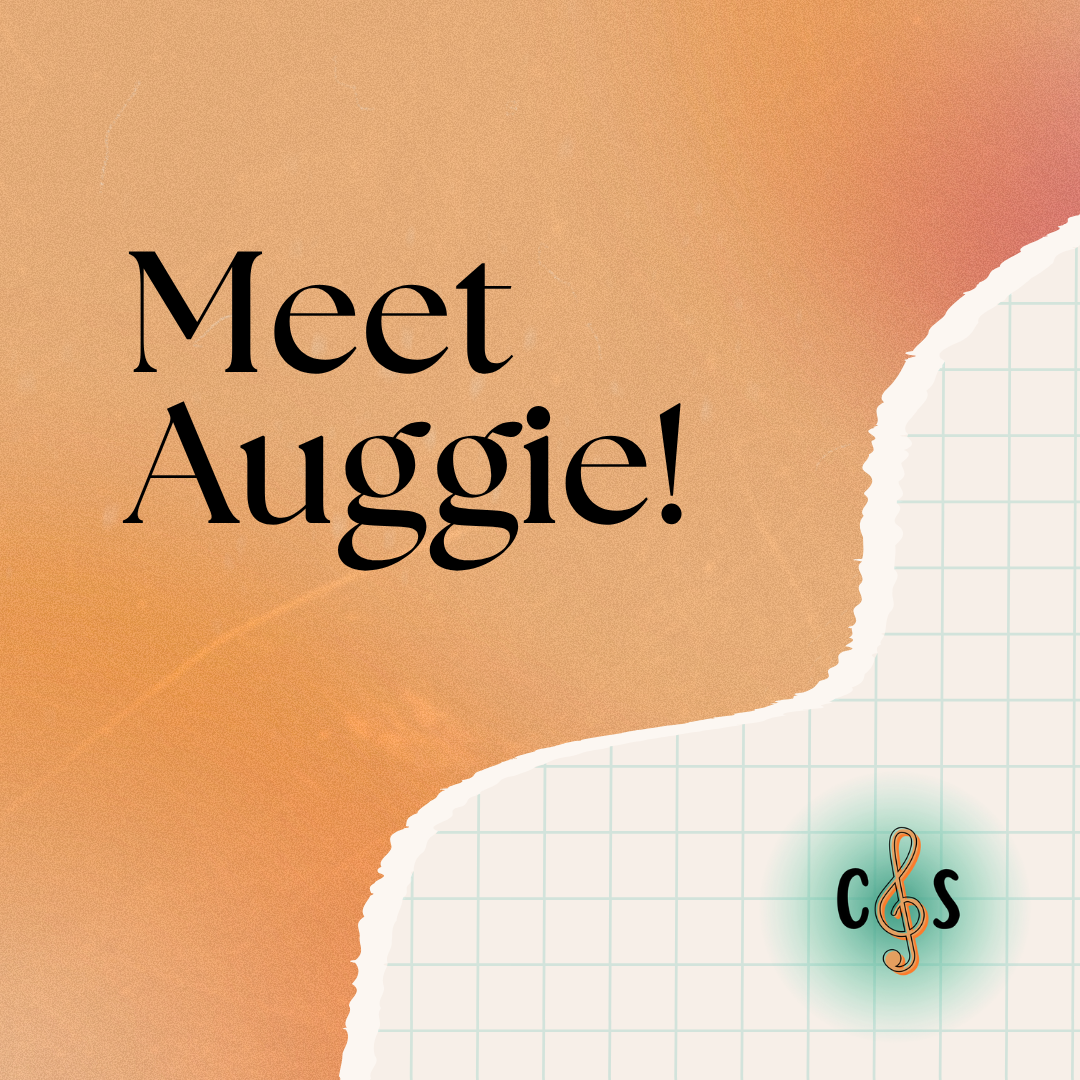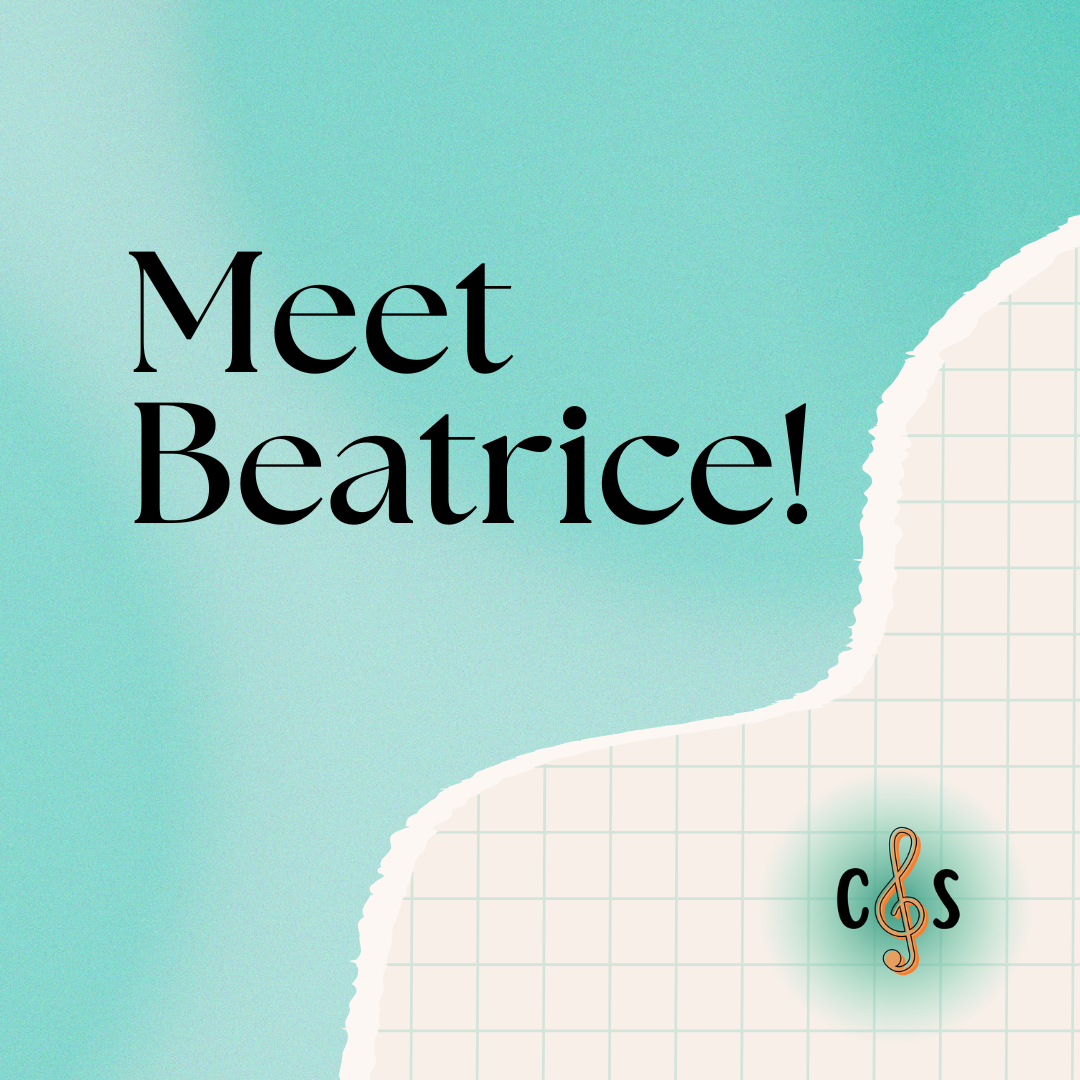SINGER’S STORIES
Read the shared experiences of singers who have and are navigating chronic conditions while pursuing the arts. The stories below include students in college, professional, and avocational settings, sharing their preferred singing practice and accommodations, diagnostic journey, and advise for others with shared conditions and the teachers that support them. Each story is categorized with key words that can be searched as filters. If you would like to share your story, click the button below! We would like to thank each and every one of these incredible artists for sharing their journey with us. We hope it helps those that are seeking community and understanding.

Niki’s Story
EDSers are some of the hardest working and most talented people you'll have the opportunity to work with. They may need a little extra rest, extra time, a little gentleness at times. But they will come through for you and shine.

Rehanna’s Story
Some of my EDS symptoms are positive like having a good high register and having a large range.

Auggie’s Story
If anything, I’ve become more determined to pursue a career in musical theater. I think it’s important for others with these conditions to see that it can be done, and I hope to lead by example. Also, I’m not about to give up my dream!

Claire’s Story
Singing means freedom, expression, and a way to tell my story when words alone fail.

Jade’s Story
I often felt like my air wasn’t flowing right when standing still, but you can’t just pace around on stage every second of a song. My voice started getting these “blips” that weren’t cracks, but instances where I’d choke on my sound randomly which made me very insecure about performing for others and singing in my top-level choir. This made me feel like I was the worst one there.

Molly’s Story
I’ve had to express myself more through words rather than fancy or especially beautiful vocals because my voice has changed so much since becoming chronically ill. Singing my own songs means expressing myself and it’s a way for me to calm down.

Michele’s Story
I have no idea how many times I've fainted!...I've layed down on so many floors!

Beatrice’s Story
I never found any provider who cared that I couldn't sing or find the key consistently.

Rachel’s Story
Singing is everything to me. It is the best way I know how to share my thoughts and feelings with the world. Singing has always felt freeing and brought me joy.

Sierra’s Story
It may seem like you are alone and that the world is against you, but there are people just like you, who experience the pitfalls and challenges of chronic health issues, and they will embrace you.

Marlee’s Story
I felt like I was starting over my junior year in college, because my body had changed so rapidly over the first two years of my voice study...You’re waking up to a new body every day.

Siobhan’s Story
Our disabilities won’t always be the same for all of us, so individual tailored plans are best.

Bailey’s Story
For as long as I can remember, my parents have understood that the gorgeous lines I can create for dance were not medically normal.


Elizabeth’s Story
After my onset, I absolutely wondered if becoming a choir teacher was something I could pursue … I knew there was no other career that I would find truly fulfilling except being a music teacher.

Hailey’s Story
I feel the most judgment when having to remain seated for music rehearsals, yet being able to be a dancer and then proceed to dance and sing.

Rebecca’s Story
(Excerpt from Stryker, 2024)
I often feel like I’m in this strange middle-ground of not really knowing where I fit, and not knowing if I’m able to claim that identity and it not hinder my jobs. I would love to talk about all of this stuff more online, but I worry that people would find it and not give me a job because of it. So, it’s that thing of wanting to claim it, wanting to speak about it, but also having to think, “Is it going to screw me over in the future?”

Charli’s Story
(Excerpt from Stryker, 2024)
When someone gets into a car accident or something and they have to use the wheelchair, it's not a choice. And I think that when you have to use it for a chronic illness, people see it more as a choice. I think people see it as giving up on trying to get better, and it's just really discouraging because, you know, I didn't have a life. I was house ridden and I started using a wheelchair and actually had some freedom again. …my mobility aid is my freedom, and my disability is the biggest source of creativity that’s ever come to me in my entire life.

Olivia’s Story
(Excerpt from Stryker, 2024)
I have noticed my vocal range has changed a lot since I got POTS. I’m not sure whether that’s just aging or whether that was a POTS symptom. But I feel like my voice range has shrunk a lot. It’s difficult to sing for extended periods of time now, just because it’s extremely taxing on oxygen supply. And obviously with POTS, the oxygen supply has to go to a million other places.

Patricia’s Story
(Excerpt from Stryker, 2024)
It made it very difficult to stand and sing, or sometimes sustain long phrases and keep my breath stable. My heart rate would jump all around and I would feel dizzy. The dizziness would affect my focus, which made it hard to sing something challenging or for long periods of time.
